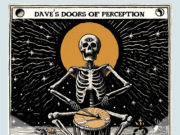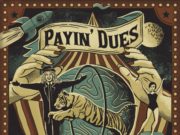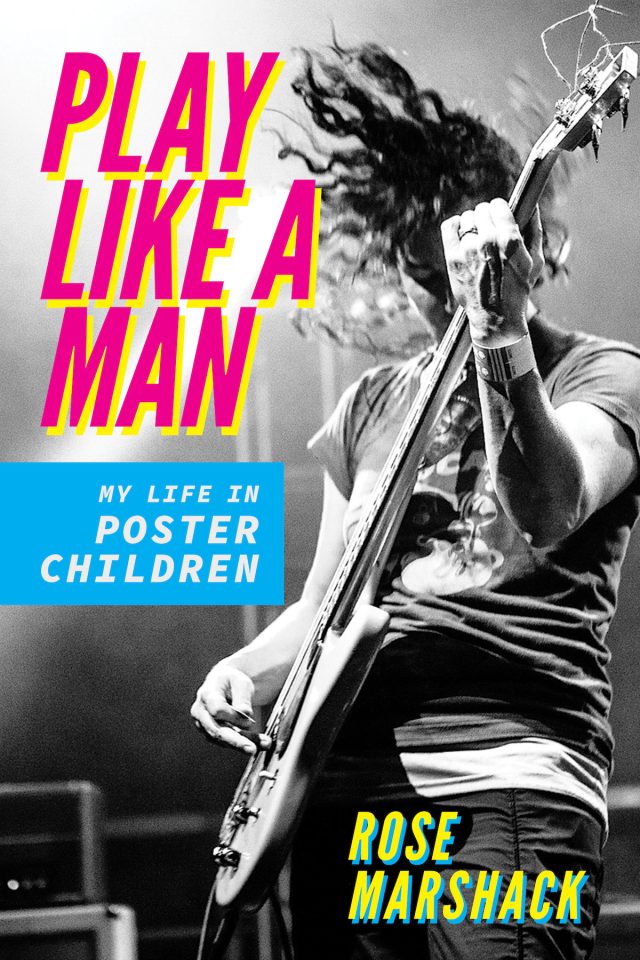Pink Floyd and Poster Children. Leonard Cohen and Kansas City jazz. Paramount Records and post-punk in San Francisco. The Beatles’ chart toppers and British history in mixtapes. Toss in a Misfits comic and you’ve got all the new music books that are fit to print. Read all about ’em:
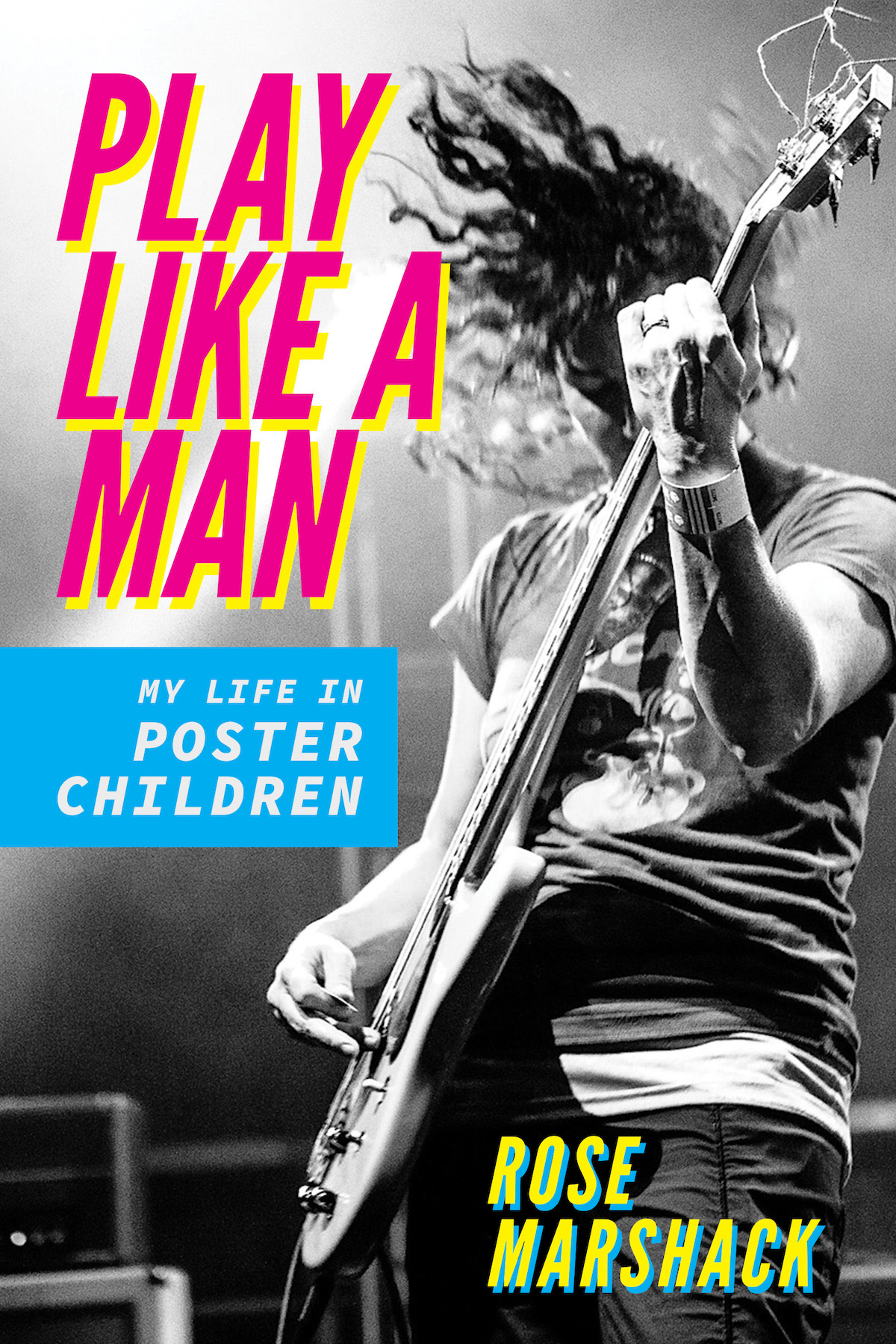 Play Like A Man: My Life In Poster Children
Play Like A Man: My Life In Poster Children
By Rose Marshack
THE EDITED PRESS RELEASE: “As a member of Poster Children, Rose Marshack took part in entwined revolutions. Marshack and other women seized a much-elevated profile in music during the indie-rock breakthrough while the advent of new digital technologies transformed the recording and marketing of music. Touring in a van, meeting your idols, juggling a programming job with music, keeping control and credibility, the perils of an independent record label (and the greater perils of a major) — Marshack chronicles the band’s day-to-day life and punctuates her account with excerpts from her tour reports and hard-learned lessons on how to rock, program, and teach while female. She also details the ways Poster Children applied punk’s DIY ethos to digital tech as a way to connect with fans via then-new media like pkids listservs, internet radio, and enhanced CDs. An inside look at a scene and a career, Play Like A Man is the evocative and humorous tale of one woman’s life in the trenches and online.”
 Leonard Cohen: Everybody Knows: Inside His Archive
Leonard Cohen: Everybody Knows: Inside His Archive
By Leonard Cohen
THE EDITED PRESS RELEASE: “Leonard Cohen is renowned the world over for his meditations on beauty, death, loss and the human heart. The objects, papers and artifacts from Cohen’s personal archive provide fresh insight into the artist’s creative pursuits and the arc of his career over six decades. Aware from an early age that he was destined to make a mark on this world, Cohen preserved an expansive collection of letters, journals, manuscripts, sketches and records. Together, they provide a rich visual road map to his evolution as a poet and songwriter. The first publication to present the holdings of the Leonard Cohen Family Trust, Everybody Knows: Inside His Archive immerses readers in the many facets of Cohen’s creative life. Images of rare concert footage and archival materials, including musical instruments, notebooks, lyrics and letters, are featured alongside photographs, drawings and digital art created by Cohen across several decades. Cohen (1934–2016) was a Canadian poet, singer-songwriter and novelist. Born and educated in Montreal, Cohen began his artistic career in 1956 with the publication of his first book of poetry, Let Us Compare Mythologies. Over his long and productive career, he published two novels, The Favourite Game (1963) and Beautiful Losers (1966), and numerous books of poetry, including Stranger Music: Selected Poems and Songs (1993). He recorded more than a dozen music albums, and numerous tribute albums have celebrated his songs in various languages. He died in Los Angeles in 2016 and was secretly buried in Montreal a few days later.”
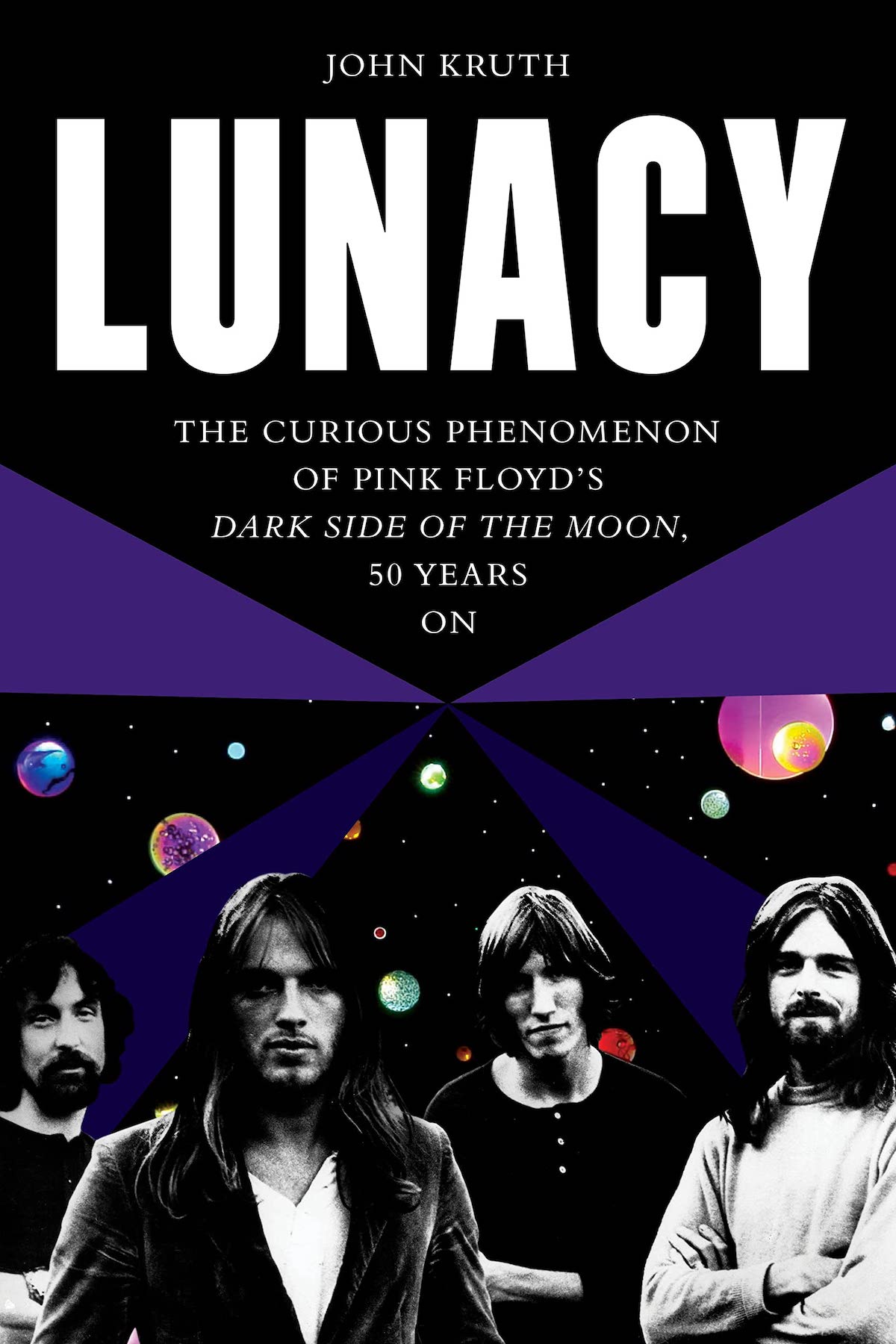 Lunacy: The Curious Phenomenon Of Pink Floyd’s Dark Side Of The Moon, 50 Years On
Lunacy: The Curious Phenomenon Of Pink Floyd’s Dark Side Of The Moon, 50 Years On
By John Kruth
THE EDITED PRESS RELEASE: “Selling over 45 million copies, The Dark Side Of The Moon topped the Billboard charts when it was first released in 1973 and took up residence there for over 700 weeks. Lunacy delves into the making of this iconic record and why it continues to speak to generation after generation of music lovers around the world. Music biographer John Kruth starts with Pink Floyd’s band history, leading up to the creation of their masterpiece and exploring what inspired the “sonic stew” of styles — a mixture of avant-garde electronic, jazz, and classical music all contributed to the timeless album. With interviews of musicians, artists, DJs, and fans, Kruth gets to the heart of the lasting importance of The Dark Side Of The Moon. Lunacy also looks at Pink Floyd after the departure of the band’s original leader and visionary songwriter Syd Barrett. Pink Floyd became a rudderless ship and released a series of nebulous (yet highly enjoyable) jam albums and went on tours that almost bankrupted them. Their eighth album was a make it or break it proposition, and it’s timing could not have been better.”
 The Fascist Groove Thing: A History Of Thatcher’s Britain In 21 Mixtapes
The Fascist Groove Thing: A History Of Thatcher’s Britain In 21 Mixtapes
By Hugh Hodges
THE EDITED PRESS RELEASE: “This is the late 1970s and ’80s as explained through the urgent and still-relevant songs of The Clash, Specials, Au Pairs, Style Council, Pet Shop Boys, and nearly 400 other bands and solo artists. Each chapter presents a mixtape (or playlist) of songs related to an alarming feature of Thatcher’s Britain, followed by an analysis of the dialogue these artists created with the Thatcherite vision of British society. “Tell us the truth,” Sham 69 demanded, and pop music, however improbably, did. It’s a furious and sardonic account of dark times when pop music raised a dissenting fist against Thatcher’s fascist groove thing and made a glorious, boredom-smashing noise. Bookended with contributions by Dick Lucas and Boff Whalley as well as an annotated discography, The Fascist Groove Thing presents an original and polemical account of the era.”
 The Beatles on the Charts: All Group and Solo Albums and Singles Ranked by Popularity
The Beatles on the Charts: All Group and Solo Albums and Singles Ranked by Popularity
By Michael A Ventrella
THE EDITED PRESS RELEASE: “Billboard named The Beatles the greatest performing musical act of all time, and their albums continue to chart to this day. This is no surprise to the author, who combed through nearly 60 years of the magazine, week by week, to compile a list of every song and album that charted. The end result is an intriguing look at the band’s influence, including their solo efforts. The author assigns points to the positions of songs and albums on the charts in order to create a list ranging from the least successful to the most successful. Each entry includes a picture of the album cover or single sleeve, along with an analysis of the song or album. Also provided are introductory chapters about The Beatles and an explanation of how the Billboard charts have been tabulated and changed over the years.”
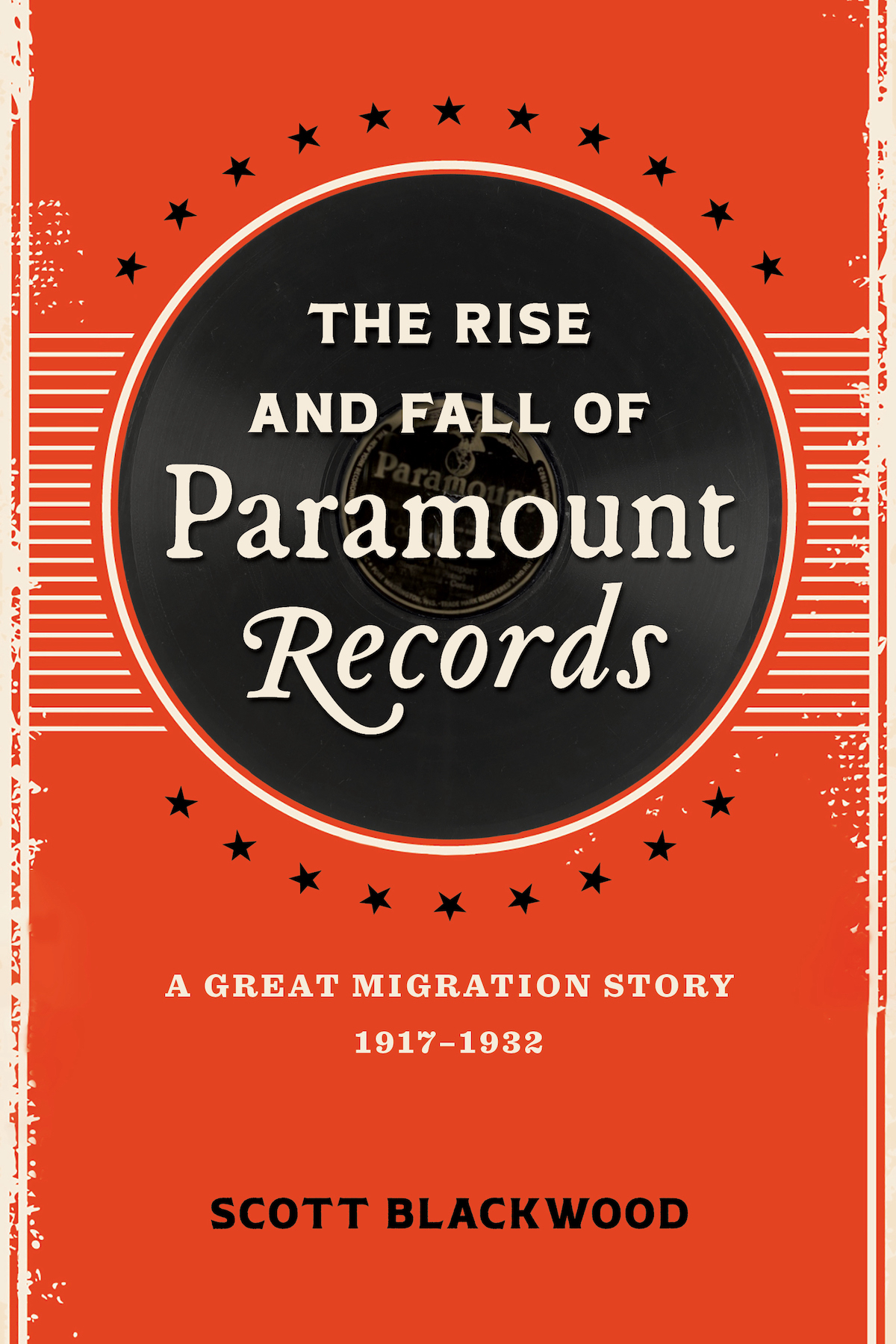 The Rise And Fall Of Paramount Records: A Great Migration Story, 1917–1932
The Rise And Fall Of Paramount Records: A Great Migration Story, 1917–1932
By Scott Blackwood
THE EDITED PRESS RELEASE: “Founded in 1917, Paramount Records incongruously was one of several homegrown record labels of a Wisconsin chair-making company. The company pinned no outsized hopes on Paramount. Its founders knew nothing of the music business, and they had arrived at the scheme of producing records only to drive sales of the expensive phonograph cabinets they had recently begun manufacturing. Lacking the resources and the interest to compete for top talent, Paramount’s earliest recordings gained little foothold with the listening public. On the threshold of bankruptcy, the label embarked on a new business plan: Selling the music of Black artists to Black audiences. It was a wildly successful move, with Paramount eventually garnering many of the biggest-selling titles in the ‘race records’ era. Inadvertently, the label accomplished what others could not, making blues, jazz, and folk music performed by Black artists a popular and profitable genre. Paramount featured a deep roster of legendary performers, including Louis Armstrong, Charley Patton, Ethel Waters, Son House, Fletcher Henderson, Skip James, Alberta Hunter, Blind Blake, King Oliver, Blind Lemon Jefferson, Ma Rainey, Johnny Dodds, Papa Charlie Jackson and Jelly Roll Morton. Scott Blackwood’s The Rise And Fall Of Paramount Records is the story of happenstance. But it is also a tale about the sheer force of the Great Migration and the legacy of the music etched into the shellacked grooves of a 78 rpm record. With Paramount Records, Black America found its voice. Through creative nonfiction, Blackwood brings to life the gifted artists and record producers who used Paramount to revolutionize American music. Felled by the Great Depression, the label stopped recording in 1932, leaving a legacy of sound pressed into cheap 78s that is among the most treasured and influential in American history.”
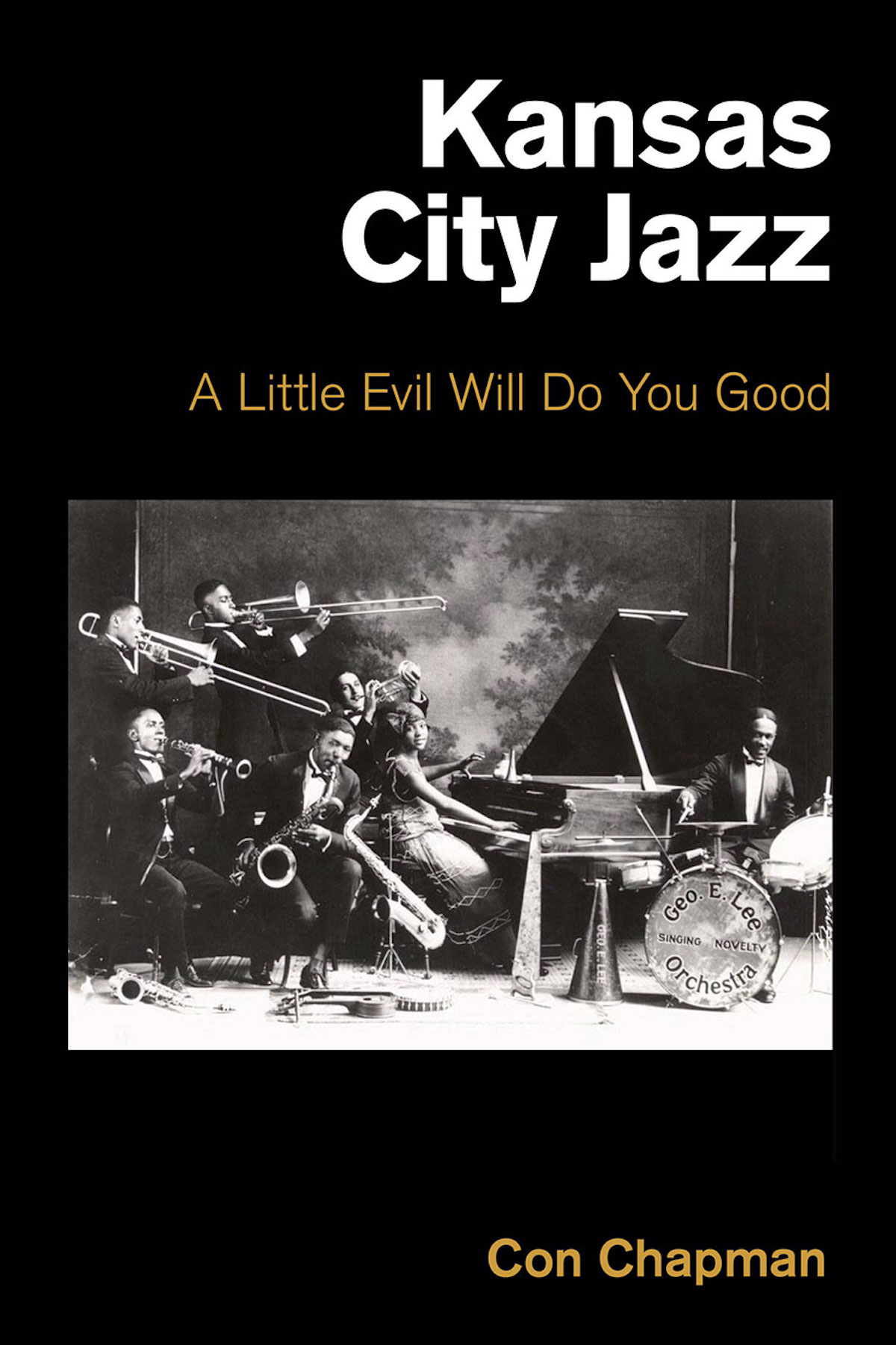 Kansas City Jazz: A Little Evil Will Do You Good
Kansas City Jazz: A Little Evil Will Do You Good
By Con Chapman
THE EDITED PRESS RELEASE: “The brand of jazz that developed in the Kansas City area in the period from the late 1920s to the late 1930s is recognised as both a distinct stylistic variation within the larger genre and a transitional stage between earlier forms of African-American music, such as ragtime and blues, and later, more modern forms, up to and including bebop. Kansas City’s brand of jazz has been described as “the most straightforward and direct style which has been developed outside New Orleans,” by Hughues Panassie and Madeleine Gautier in their Dictionary Of Jazz. Kansas City jazz has inspired the creation of a museum and has been the subject of a feature-length film, Robert Altman’s 1996 Kansas City, and even a sentimental rock song, Eternal Kansas City by Van Morrison. The first comprehensive work on the subject in over 15 years, this book draws on new research to delve deeper into music of the American Midwest that evolved into Kansas City jazz, and includes profiles of individual musicians who developed very different styles within or beyond the framework of the sub-genre. Kansas City Jazz focuses on the broader themes and the stories of the major personalities whose individual talents came together to create the larger whole of Kansas City’s distinctive brand of jazz.”
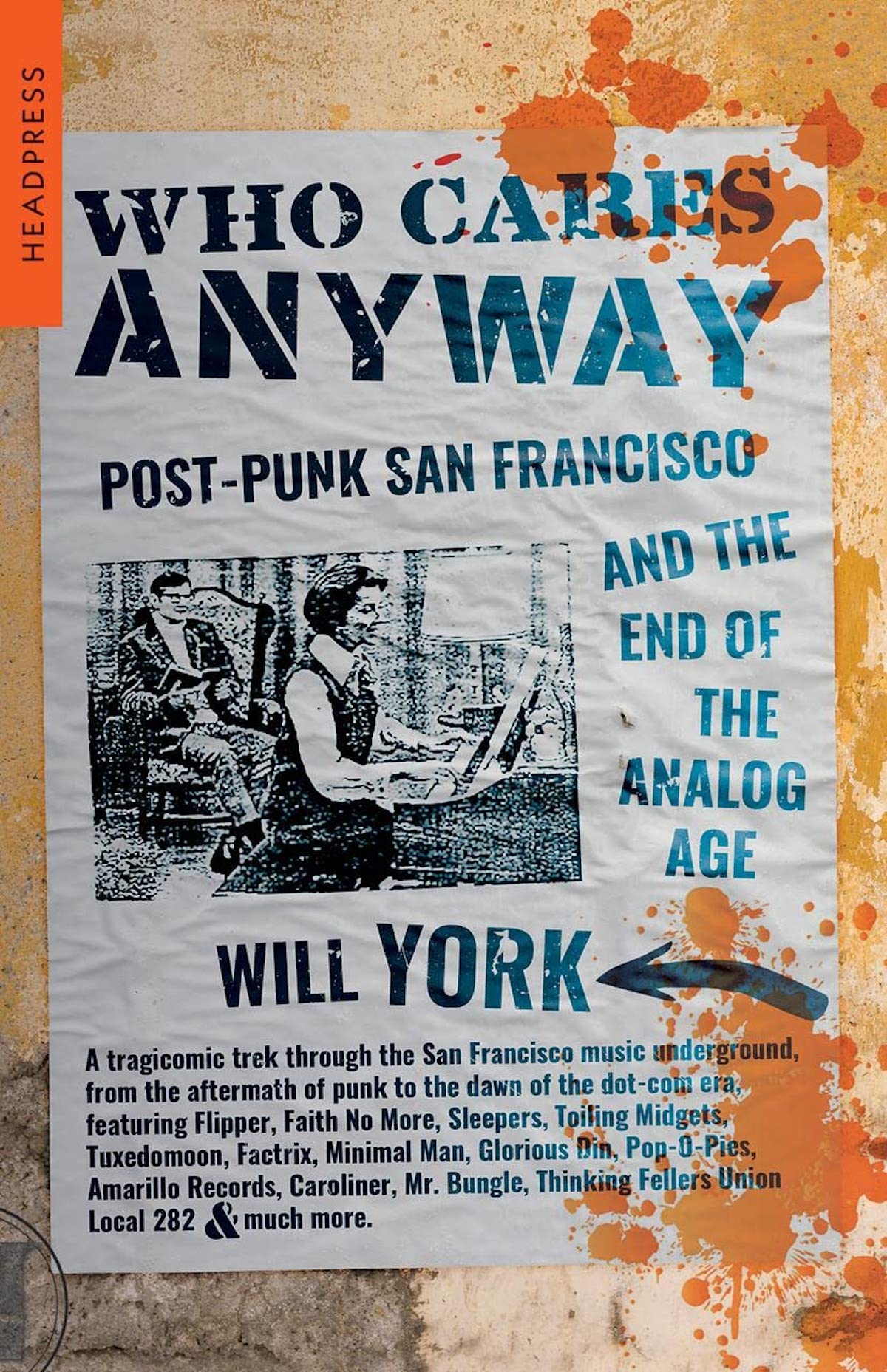 Who Cares Anyway: Post-Punk San Francisco & The End Of The Analog Age
Who Cares Anyway: Post-Punk San Francisco & The End Of The Analog Age
By Will York
THE EDITED PRESS RELEASE: “Late ’70s San Francisco. The Summer Of Love is a hazy memory, the AIDS crisis is looming, and nearby Silicon Valley is still an obscure place where microchips are made. The City by the Bay is reeling from a string of bizarre tragedies that have earned it a new name: The “kook capital of the world.” Yet out of the darkness comes a creative rebirth, instigated by punk and sustained by the steady influx of outsiders who view the city as a place of refuge, a last resort. What ensues is a collision of sounds and ideas that spans the golden age of analog DIY culture, from the dark cabaret of Tuxedomoon and Factrix, the apocalyptic sounds of Minimal Man and Flipper, the conceptual humor of Gregg Turkington’s Amarillo Records; through to the subversive pop music of Faith No More, the left-field experimentalism of Caroliner, Mr. Bungle and Thinking Fellers Union Local 282, and much more. Drawing on extensive research ― including interviews with over 100 musicians, artists, and other key players ― Who Cares Anyway is the first book to chronicle the wild post-punk San Francisco music scene, courtesy of those who lived it. It’s a tale full of existential drama, tragic anti-heroes, dark humor, spectacular failures ― and even a few improbable successes.”
 Orbit: The Misfits
Orbit: The Misfits
By Joe Paradise & Martin Gimenez
THE EDITED PRESS RELEASE: “Witness the rise, fall, and rise again of the original titans of horror punk in Orbit: The Misfits by Joe Paradise and Martin Gimenez. Compiled from decades of rumors overheard in N.J. record shops, this graphic biography is a retrospective of one of the hardest core bands ever to emerge from the N.Y.C. punk scene. This is a special 30-page edition with never-before-seen images!”


